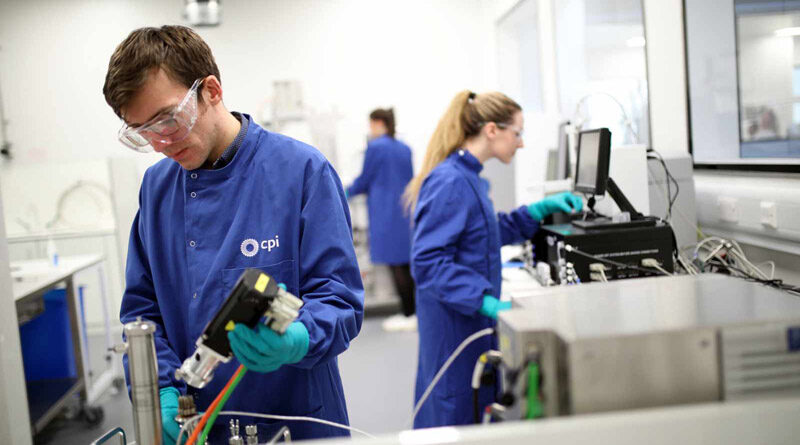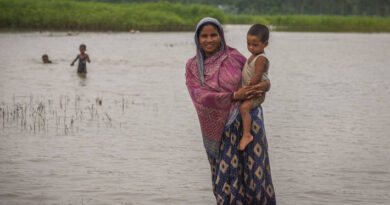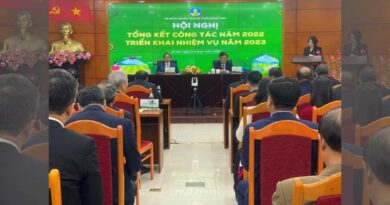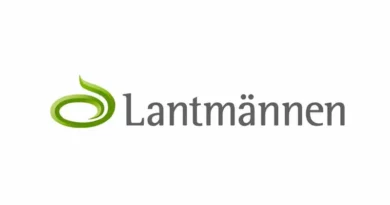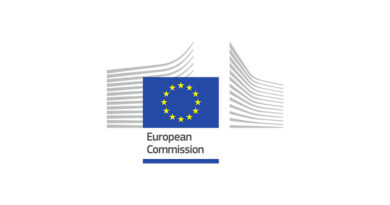CPI collaborates with Syngenta to develop scalable purification methods to support novel crop protection products
13 January 2021, England, UK: CPI, an independent technology innovation centre and founding member of the UK Government’s High Value Manufacturing Catapult, has today announced the completion of its collaborative project with the leading agriculture company Syngenta to develop purification methods for novel crop protection products.
To help ensure food security, there is a growing need for new and innovative crop protection solutions with a focus on sustainability, helping to ensure that farmers can feed the growing population.
Also Read: FAO’s work on biodiversity, One Health and climate
After a previous successful collaboration, Syngenta approached CPI to develop scalable purification methods for a new product. The project took place at CPI’s facilities, using its state-of-the-art downstream processing suite. CPI used its robotics platform to screen different conditions to optimise the process. There were several challenging aspects of the project. CPI’s expertise in downstream processing, as well as its wealth of cutting-edge capabilities, allowed these challenges to be overcome, resulting in the successful development of a robust purification method. CPI and Syngenta will continue their collaboration and will begin work on a further project to progress the new method to a larger scale.
Lucy Foley, Director of Biologics at CPI said, “This project has been a great collaboration. We were able to provide access to the expert knowledge and advanced facilities that Syngenta required. The problem-solving approach of our highly experienced team was crucial in achieving the desired outcome.”
Paul Thompson, Team Leader in Downstream Processing at Syngenta said, “We are pleased to have worked with CPI on this project. In addition to its expertise and impressive technological capabilities, CPI’s adaptability has been fundamental to the project. We look forward to the next phase of this project as we scale up the process and develop it further.”

